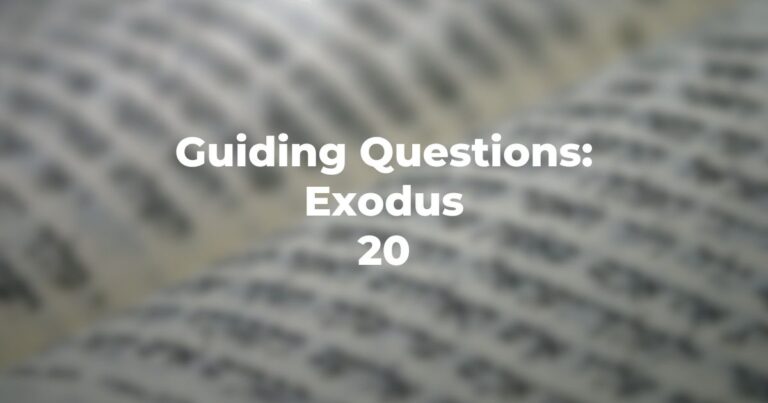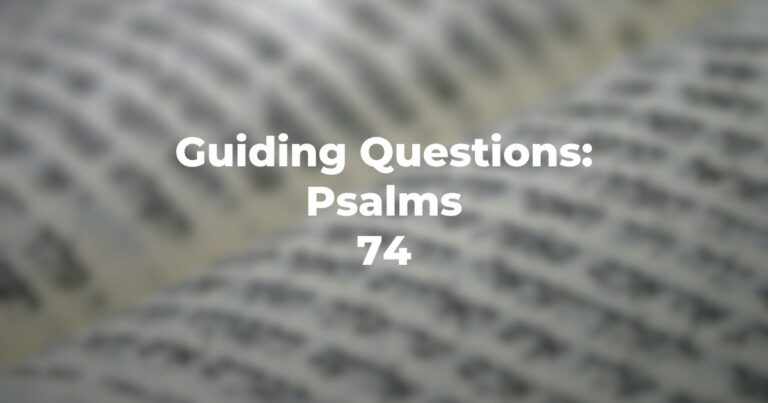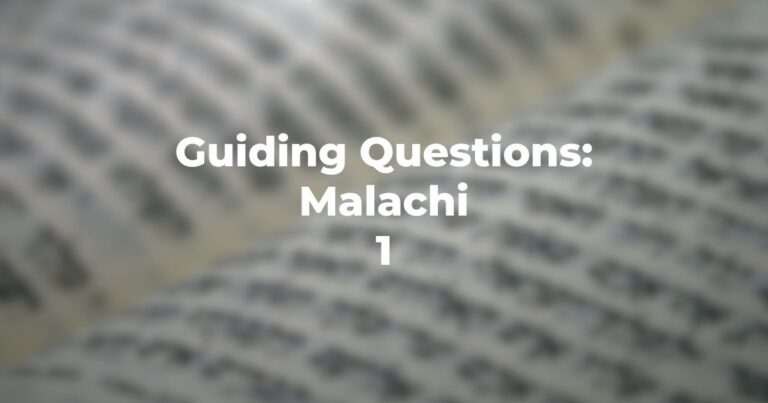- Is the current text of the book of Jeremiah (necessarily) that which is described in Jeremiah 36:2?
- What is the purpose of the composition — historical or hortatorical (Jeremiah 36:3)?
- How is the recording undertaken by the prophet — writing or dictating?
- What might this indicate regarding the current text?
- Who is Barukh (Jeremiah 36:4) and is the writing what “Jeremiah said” or what “God said”?
- Why can’t Jeremiah himself read the text in “God’s house”?
- When is Barukh to read the text (Jeremiah 36:6)? And to whom — the people and/or the leadership?
- What purpose was in mind for the “fast day” described in Jeremiah 36:9?
- What is the response of “the leadership” (Jeremiah 36:14-17)?
- Does the scroll reach the King (Jeremiah 36:19-21)?
- Why the detail in Jeremiah 36:22?
- What becomes of the scroll?
- What precaution has been taken by Jeremiah and Barukh (Jeremiah 36:19-20)?
- Is the recording, then, destroyed (Jeremiah 36:28)?
- Would Jeremiah 36:32 seem to indicate that with Jeremiah 36 the Jeremiah prophesy is concluded?
Author
-

Exploring Judaism is the digital home for Conservative/Masorti Judaism, embracing the beauty and complexity of Judaism, and our personal search for meaning, learning, and connecting. Our goal is to create content based on three core framing: Meaning-Making (Why?), Practical Living (How?), and Explainers (What?).
View all posts




